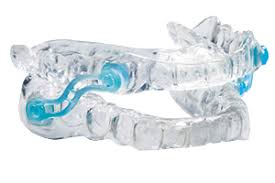The sleep apnea devices market is marked by a high degree of competition. There are a few well-established firms and several small firms that operate in this industry. Agreements, mergers and acquisitions (M&As), partnerships, and collaborations form an important strategy to enhance the bottom line of the key players in this market. Seventeen percent of the companies channelize their efforts in coalitions, including M&As, according to MicroMarketMonitor.
For instance, in September 2014, ResMed expanded its agreement with Brightree, a provider of home medical equipment (HME) billing and business management software solutions. This expansion is expected to enhance the existing integration of ResMed’s U-Sleep premium sleep compliance solution within the Brightree solution, and thus more features would be added from ResMed’s AirView patient management system. Thus, a cost-effective solution for the HME providers is produced.
Furthermore, in August 2012, ResMed acquired Umbian Inc, an innovative data services technology provider. This acquisition aided the company to capitalize on Umbian’s available resources (product mix) to gain a competitive edge in the PAP devices market.
The sleep apnea devices market is primarily driven by technology and innovations; thus, most of the major players in this market, nearly 63%, use new product launches, product developments, and new technology launches as important strategies to gain a leadership position in this market. For instance, in August 2014, ResMed released new Air Solutions, for treating sleep-disordered breathing, that can benefit all stakeholders in the care continuum.
In April 2013, Philips Respironics launched the SleepMapper self-management system, a robust mobile and web-based solution for obstructive sleep apnea patients.



